Philadelphia – By a decisive margin, Postdoctoral Scholars and Research Associates at the University of Pennsylvania have voted in favor of forming a union, RAPUP-UAW. The vote was 703 to 38, or 95% in favor, according to ballots tallied by the National Labor Relations Board Thursday evening.
“We are thrilled with tonight’s results, and ready to work with the university towards a more democratic workplace,” said Emily Perkins, Postdoctoral Fellow in Psychology. “We love our jobs, but the increasing threats to international scholars coupled with inadequate compensation made a union the obvious choice. We’re ready to speak in one voice for fair pay, better job security, and a more equitable university.”
Postdocs and Research Associates form the backbone of Penn’s research enterprise. Having already earned a PhD in their field, they perform groundbreaking research in laboratories and offices across campus. Their work attracts hundreds of millions of dollars in funding each year, and has helped establish Penn as one of the premier research universities in the world.
But despite these contributions, many struggle to make ends meet. Workers have very limited job security, no meaningful protections against harassment and discrimination, and spotty benefits that are not guaranteed. International workers are particularly vulnerable to pressure to work overtime without pay, hostile work environments, and sudden termination.
“Penn Postdocs and Research Associates deserve benefits and protections that reflect their role as highly skilled academic workers and scientific collaborators,” said Ray Jensen Jr., Assistant Director of UAW Region 9. “The vote results send a strong signal to Penn’s administration: it’s time to sit down at the bargaining table and negotiate the improvements and protections these workers deserve. The UAW looks forward to supporting them as they bargain their first contract.”
Postdocs and Research Associates at Penn join more than 120,000 UAW-represented academic workers across the United States, including 4,000 graduate workers at Penn who voted to form their union in 2024. This victory comes amidst an ongoing wave of workers voting to form unions at academic institutions across the country, including postdocs at Johns Hopkins, the National Institutes of Health, and Princeton University; graduate workers at the University of Vermont and University of New Hampshire; and non-tenure track faculty and researchers at Harvard.





Penn Postdocs and Research Associates Win Their Union
UNION PLUS – COLLEGE PROGRAM
NYC Mayoral Candidate Zohran Mamdani and AG Letitia James Rally with Striking UAW Legal Workers to Demand Resources Needed to Represent Vulnerable New Yorkers